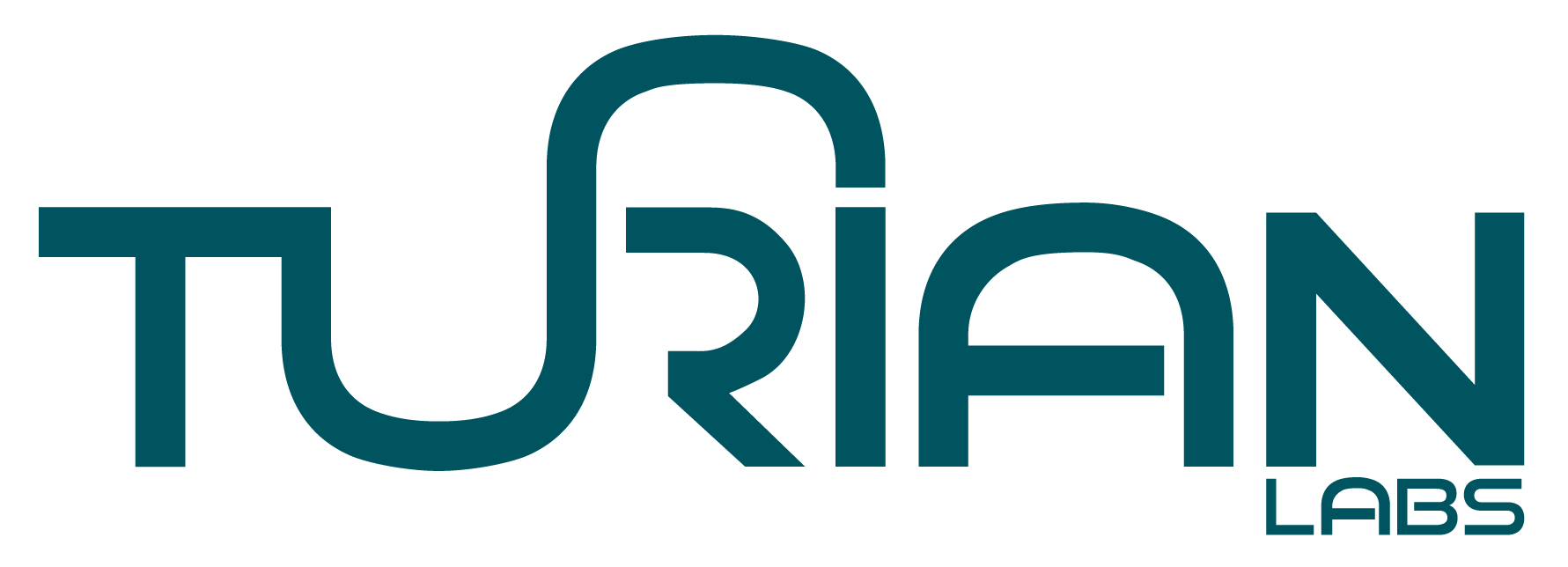Defining the India entry strategy for a global language learning platform
PROJECT BRIEF
Establishing product-market fit for a European language learning app by understanding the nuances of language learning in an Indian context, to be able to capture their share of mind and wallet (as since the product was a paid offering.)
OUTCOME
A multi-directional strategy that scoped market competition and decoded potential user segments. The outcome outlined client recommendations across three main domains:
Value additions in the existing product reflective of user needs, as a lift-off strategy
Redefined positioning through ‘localization’ of marketing strategies that aligned the core product offering with inherent learning practices across India
Proposed innovative business and pricing models to cater to the skepticism around credibility and effectiveness of online methods of language learning. The proposed strategy also ensured creating formidable USPs and sufficient entry barriers to competition in a saturated market for Local Language-to-English learning apps.
For a country whose majority population continues to prefer traditional in-class learning methods, paying for an online learning service could be a big leap. Contrary to some apprehensions around e-learning, India witnessed a quadruple rise in educational content being consumed on YouTube in 2018 alone. Turian Labs’ regular practice of trend-scoping suggested that the overall mental model and maturity of the population to accept an e-learning service was on the rise. This was also evident during our secondary research which mapped out the behavioral and environmental factors facilitating the growth of paid e-learning startups, the success of MOOCs in India and the massive user base for platforms like Duolingo.
A European language learning app, primarily a B2C platform provider, approached Turian Labs with a preliminary understanding of the Indian language learning market, through their previous rounds of traditional market research. The project aim was to find deeper nuances of product-market-fit and non-linear strategies, if any, to build their presence in India.
With an approach blending traditional Design Thinking and Futures Thinking, the Turian Labs team conducted fast-moving iterative research cycles that enabled the validation of client hypotheses and the generation of new ones. This rapidly convergent line of inquiry and synthesis in a collaborative manner helped the client immerse quickly into the project’s context.
Contextual interactions at homes and workplaces made the team realize that when it came to learning a language, apps helped fulfill only parts of a language learner’s journey. Existing language learning apps were all heavily built on a ‘gamified’ and ‘mobile-first’ premise.
Synthesis and insights gathered from Turian Labs’ extensive competitor analysis, multi-city empathic interactions and prototype testing manifested themselves as three actionable outcomes:
Multiple personas based on the learner’s purpose/goals, availability of resources, motivation/drive, and their socio-economic background: this information enabled us to find diverse go-to-market avenues.
Identifying user needs helped us define key value propositions, add or subtract product features, and come up with relevant messaging for each target group.
Turian Labs also helped ideate around overcoming local perceptions about learning through an app by recommending changes with respect to pricing and business models, along with revamping the interface or app structure.
We also envisaged scenarios for potential pitfalls for strategies catering to a larger target audience down the line. Turian Labs also suggested risk-mitigation measures with multiple future-facing actions for their upcoming products over the course of years. The client is currently in the process of prioritizing and weaving the recommended features into their current app ecosystem.

